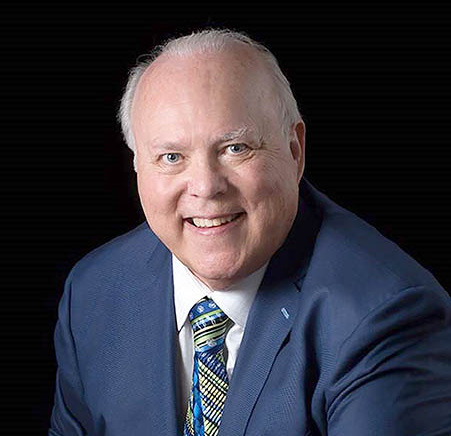
Aquatics
The announcement of the retirement of the BSA Lifeguard certification program, effective December 31, 2024, marks a significant shift in how Scouting America camps and councils approach lifeguard training. This change underscores the importance of proactive planning to ensure the continuation of high-quality lifeguard training and certification for summer camps and year-round aquatic programs.
Steps for Camps and Councils to Prepare:
To ensure a seamless transition, council and camp leadership should take the following steps:
Identify Your Training Plan Early
Begin establishing partnerships with organizations like the American Red Cross or YMCA. Both offer robust training programs and instructor certification pathways. If you do not have a current training agreement with the American Red Cross, reach out to the National Health & Safety Team for help.
Leverage the Transition Opportunity if Applicable
Scouting America has outlined a clear path for current BSA Lifeguard instructors to transition into nationally recognized training certifications. This pathway ensures existing expertise within camps is not lost. Individuals who are currently certified as lifeguard instructors through Scouting America can opt to “crossover” with American Red Cross crossover course. Details can be found here.
Educate Stakeholders
Share information about the transition with camp staff, volunteers, and parents. Communicate how the shift to nationally recognized lifeguard certifications enhances safety and aligns with Scouting America’s commitment to youth development.
Plan for Implementation
Plan now for additional time to get lifeguard instructors certified who can in turn certify your camp/council lifeguards. Ensure enough time for instructors to complete new certifications before the 2025 camping season.
National Camping School aquatics instructor training will no longer include lifeguard instructor training; however, most NCS courses will provide a pre-conference opportunity to become certified as a lifeguard instructor.
Attend the BSA Lifeguard Transition Webinar
Taking place on January 16th at 7 pm CT, this webinar will help councils walk through the step by step process to be prepared to certify lifeguards moving forward. Register here.
Aquatic safety has always been a cornerstone of Scouting’s outdoor programs. While the BSA Lifeguard program’s legacy comes to an end, this transition ensures camps and councils can maintain—and even enhance—the quality of their aquatic programs. The National Aquatics Committee remains a committed partner to supporting councils and camps during this time of change.
For more information and resources, visit the BSA Lifeguard Instructor Transition page or contact the national outdoor programs and properties committee. Let’s work together to ensure a safe, successful 2025 and beyond.













